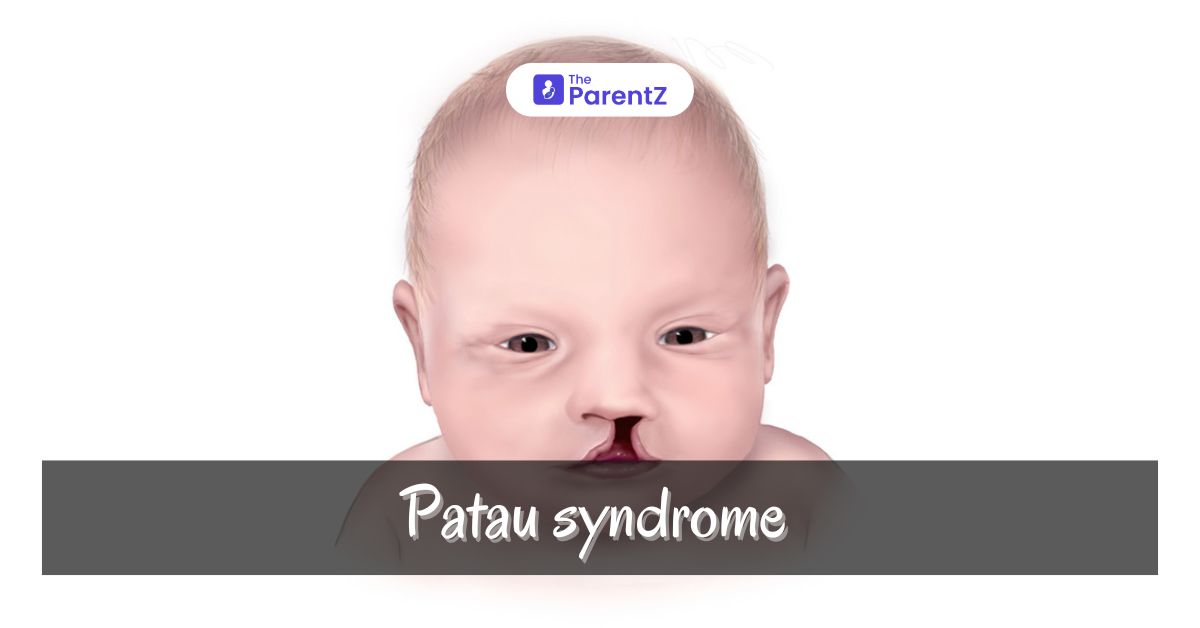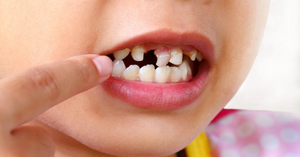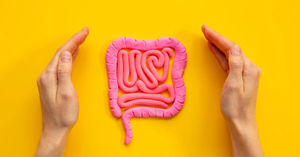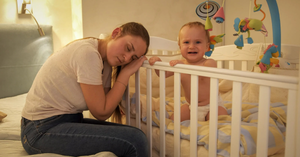What is Patau syndrome?
Patau syndrome is also known as trisomy 13. It is a congenital genetic condition which happens when there is an extra seat of 13th chromosome. This means that the 13th chromosome appear thrice instead of twice in a person’s DNA. It will affect the development of the body including the development of brain, heart and internal organs.
Trisomy 13 can lead to several serious physical and mental issues. It is notoriously fatal and poses a very large risk for Miscarriage and fatality within the first year of life.
What causes Patau syndrome?
Patau syndrome is caused by the trisomy 13. It means that there is an extra pair of the 13th chromosome in the cells of the body. While division of the cells, if the division is abnormal it can be lead to an extra chromosome which is present in the foetus. It can come from either the egg or the sperm. This usually happens by chance.
It can affect your pregnancy at any age but is more common if either of the parents are of an older age. The trisomy can be present in either all the cells of the body or in some. The variations which can be present are full trisomy 13, mosaic trisomy 13 and partial trisomy 13.
What can increase the risk of Patau syndrome in a child?
Older age of the parents can increase the risk of syndrome in a child.
Is Patau syndrome fatal?
Patau syndrome is extremely dangerous and can also be fatal. Almost half of the pregnancies which have a child will Patau syndrome will result in a spontaneous pregnancy loss in the first trimester itself. Of the babies that were born, most do not survive the first year and very rarely do they live up to their teens. Most children with Patau have a very early mortality.
What are the signs and symptoms of Patau syndrome?
Babies who are born with Patau syndrome have a white range of problems. It can affect almost all systems of the body including the development of brain, facial development, heart problems and birth weight. The physical symptoms which may be observed include:
- The child will have a low birth weight.
- The child will have close set eyes.
- The nose or nostal may not be fully developed.
- The child may have cleft lip or cleft palate.
- The child would have smaller eyes, smaller head and lower jaw.
- The ears would be low set.
- There can be a set of extra toes or fingers.
- Muscle tone of the child would be low.
- There can be an abnormal skeletal framework.
- The child may suffer from seizures.
- The child may have difficulty breathing.
- The child may be born with hearing difficulties.
- The child may have problems in feeding.
- There can be under development of internal organs.
- There can be a problem with vision.
When should I consult a doctor?
- If you or your partner are 35 years or older and planning a pregnancy, you should consider talking to your health care provider about genetic testing and counselling. This can help you better understand the risk of having a child with genetic conditions and whether or not it can be avoided.
- If you have a child who has been diagnose with Pataus, you should consult your head care provider immediately if the child shows serious symptoms as: difficulty eating, difficulty breathing, irregular heartbeat or seizures.
- If you have lost a child to Patau syndrome, you should consider consulting a psychiatrist or a therapist to deal with depression and anxiety if you are feeling overwhelmed.








Be the first one to comment on this story.